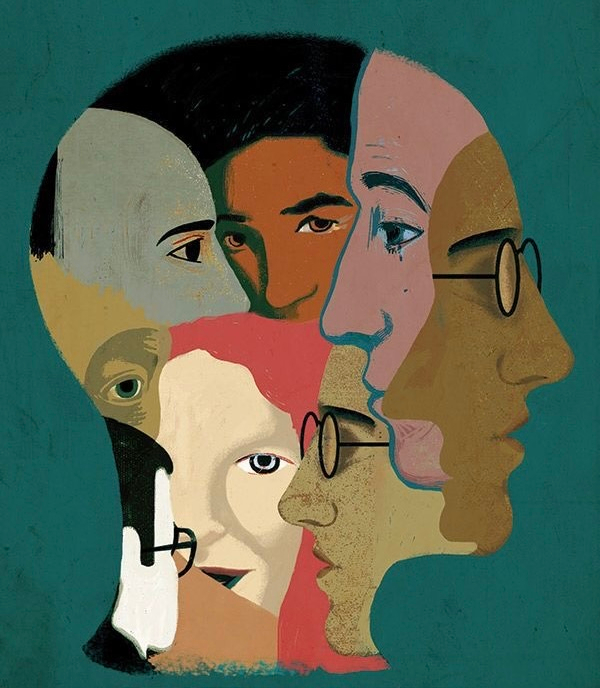Are Jewish Students at a Disadvantage in Ivy Admissions?
Ivy Brothers •
Are Jewish Students at a Disadvantage in Ivy Admissions? The question of whether Jewish students face disadvantages in Ivy League admissions has been debated for decades. Historically, Jewish applicants have encountered barriers in elite college admissions, from quotas in the early 20th century to more subtle biases in modern times. But do these challenges persist today? And if so, how do they manifest in an era where elite schools claim to prioritize diversity, equity, and inclusion?
Historical Context: Quotas and Discrimination
In the early 1900s, Ivy League schools implemented explicit quotas to limit the number of Jewish students admitted. Schools like Harvard, Yale, and Princeton feared that a merit-based system would lead to an “overrepresentation” of Jewish students, who excelled academically. To curb this, admissions policies shifted from purely academic metrics to more subjective criteria, including interviews, letters of recommendation, and “character assessments.”
Harvard’s then-president, A. Lawrence Lowell, even argued that too many Jewish students would change the school’s character. As a result, universities introduced holistic admissions, which, while not explicitly targeting Jewish students, gave administrators leeway to shape the student body according to their preferences.
While formal quotas were abolished by the mid-20th century, the legacy of these policies still influences admissions today.
Modern-Day Ivy League Admissions: A Level Playing Field?
Ivy League schools today officially reject discrimination in any form, emphasizing diversity and inclusion. Jewish students are not a designated minority group for affirmative action purposes, and many continue to excel academically, often meeting or exceeding the highest admissions standards.
However, some observers argue that Jewish applicants may still face indirect disadvantages due to:
✔ Overrepresentation in High-Achieving Applicant Pools – Many Jewish students come from strong academic backgrounds, similar to Asian American applicants, who have documented cases of bias in Ivy League admissions (as seen in the recent Harvard and UNC Supreme Court cases). Schools sometimes cap the percentage of students from high-achieving demographics to maintain “diversity.”
✔ Disfavoring High Academic Achievers in Favor of “Holistic” Candidates – The move away from standardized testing in many Ivies may disadvantage students whose strengths are in academic metrics rather than subjective qualities. Since Jewish applicants have historically performed well in testing, de-emphasizing test scores could subtly impact their admissions chances.
✔ Fewer Institutional Advantages – Unlike legacy applicants (who benefit from familial ties to elite institutions), Jewish students may not always have the same multi-generational Ivy connections, as many families entered higher education only in the last century.
The Affirmative Action Debate and Jewish Students
The Supreme Court’s 2023 ruling against affirmative action in college admissions (Students for Fair Admissions v. Harvard and UNC) led to the removal of race-based preferences. Some argue this ruling may benefit Jewish students if Ivy League schools were previously prioritizing other racial or ethnic groups over academically high-achieving students.
At the same time, many schools have doubled down on race-neutral ways to maintain diversity, including favoring first-generation students, low-income applicants, and underrepresented backgrounds. Since many Jewish applicants come from middle-class or upper-middle-class backgrounds, they may not benefit from these new diversity-focused policies.
Antisemitism and Campus Culture
Beyond admissions, the rise in antisemitism on college campuses has raised concerns about whether Jewish students feel welcome in Ivy League institutions. Recent reports have documented incidents where Jewish students have faced hostility, particularly around debates on Israel and Zionism.
✔ Some Jewish applicants may reconsider applying to Ivies due to campus climates that feel increasingly hostile toward their identity.
✔ Others may hesitate to disclose Jewish affiliations in applications, fearing bias from admissions officers who hold political or ideological biases.
Final Thoughts: Are Jewish Students at a Disadvantage?
While there are no formal quotas today, some argue that Jewish students may still face indirect barriers in Ivy League admissions, similar to the challenges faced by Asian American applicants. The combination of holistic admissions, diversity-focused policies, and shifting campus climates could make the process more difficult for Jewish students, particularly those from strong academic backgrounds.
That said, Jewish students continue to thrive at elite universities, with strong representation in fields like law, business, and medicine. The true impact of admissions policies on Jewish applicants remains difficult to quantify—but as college admissions evolve, so too will the debate over fairness and meritocracy in the Ivy League.
Visit our website: www.theivybrothers.com
Schedule a consultation: https://tally.so/r/3Edv7
See More Posts
Ivy Brothers
Copyright © 2021 Ivy Brothers, Inc. All rights reserved.
Company
hello@theivybrothers.com



